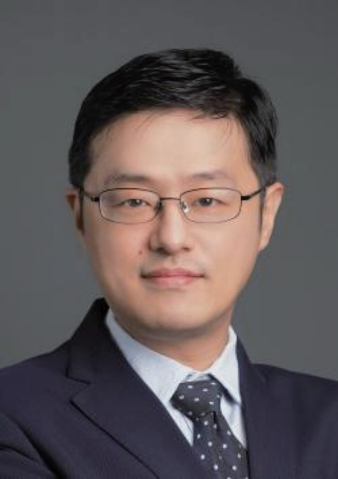Jiong Yang
1 Materials Genome Institute, Shanghai University, Shanghai, 200444, China
2 Zhejiang Laboratory, Hangzhou, Zhejiang 311100, China
EXTENDED ABSTRACT: Mathub-3d and MatHub-2d are the computational materials repositories independently developed by Shanghai University under the guidance of materials genomics. MatHub-3d aims at the electrical and thermal transport properties, including over 80,000 entries crystal structures, over 30,000 entries electronic structure, over 1 Ok entries of electrical transport properties and some other properties based on the first-principles.[l] This report mainly focuses on the high-throughput calculations in thermoelectric materials based on MatHub-3d repository. By applying the pre-developed thermoelectric transport calculation program, TransOpt,[2] we have obtained new thermoelectric materials systems from multiple material systems using high throughput calculations on thermoelectric properties.[3] Recently, we put forward the idea of "Functional-unit design" that directly takes the dominant performance descriptor as the screening criterion. For example, unit of linear triatomic resonant bonds has large lattice aha皿onicity and strong band asymmetry, both of which are beneficial to improve the thermoelectric figure of merit for systems. The predicted system K5CuSb2 has the figure of merit of 1.3.[4] In addition, this report will also report on the machine learning potential function library to be published on MatHub-3d.
Keywords: MatHub-3d, high throughput calculations, Functional-unit design
REFERENCES
[l] M. Yao, J. Yang et al., Scientific Data, 2021, 8, 236
[2] X. Li, J. Yang, et al., Computational Materials Science, 2021, 186, 110074
[3] Y. Jin, J. Yang, and L. Xi, et al., NPJ Comput. Mater. 2023, 9, 190
[4] J. Ji, J. Yang and W. Zhang, et al., Journal of the American Chemical Society, 2022, 144, 18552

Jiong Yang, graduated from the Shanghai Institute of Ceramics, Chinese Academy of Sciences, and worked as a postdoctoral fellow at the University of Washington in the United States. He is currently a professor and doctoral supervisor at the Institute of Materials Genome Engineering, Shanghai University. He has long been engaged in material physics related to electron-phonon interaction, thermoelectric material design and material genome related research, and has published more than 180 papers, H-index 49; he has won the 2019 International Thermoelectric Society Young Scientist Award for his work on thermoelectric material genes; core member of the thermoelectric material direction of two national key research and development plan projects.